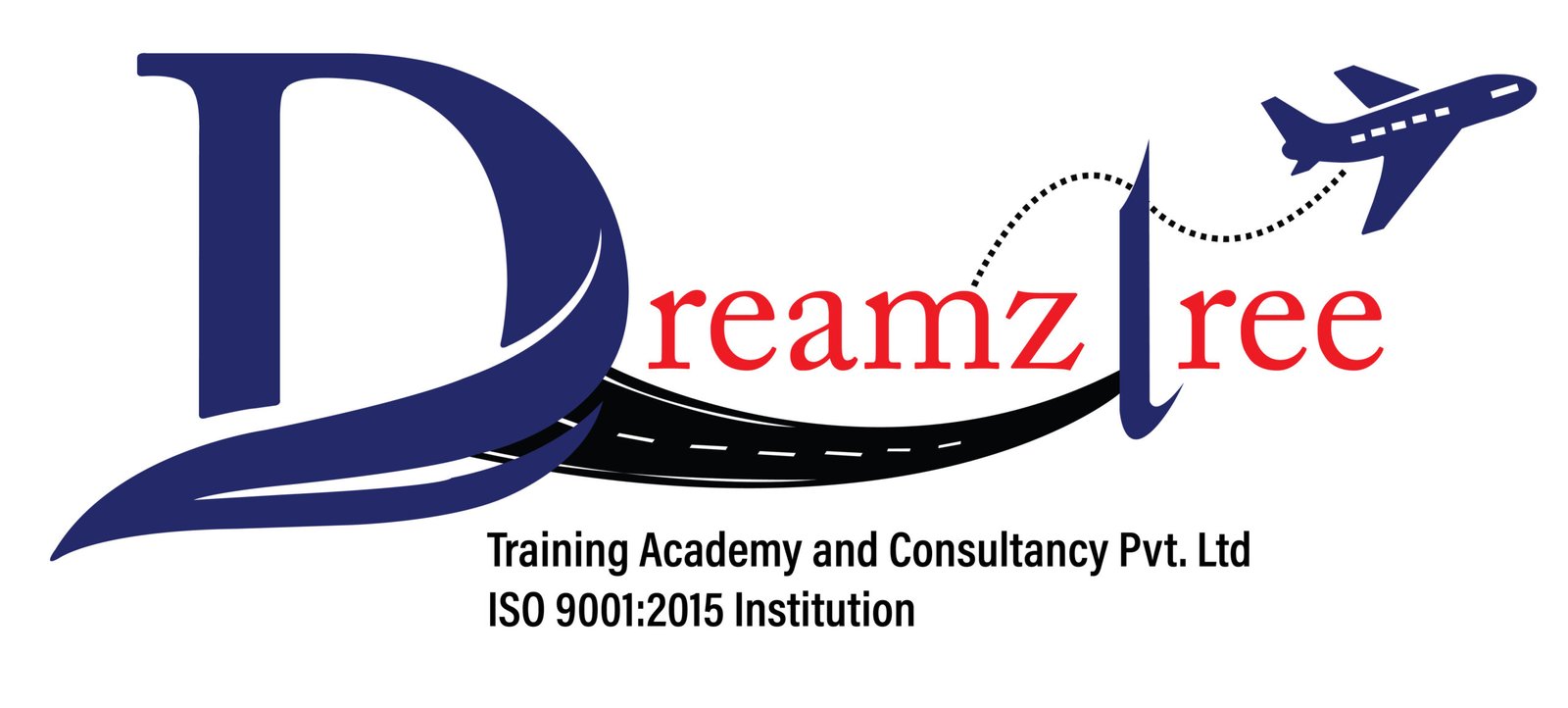The IELTS (International English Language Testing System) exam is one of the most widely recognized English proficiency tests in the world. If you’re planning to study abroad, immigrate, or work in an English-speaking country, achieving a high score in IELTS is essential. However, there are many myths and misconceptions surrounding the exam that can cause unnecessary anxiety for test-takers. In this blog, we’ll address some of the most common myths and clarify the truth behind them.
Myth 1: "IELTS is too difficult"
One of the most common myths about the IELTS exam is that it’s too difficult to achieve a high score. While it’s true that IELTS is a challenging test, it is far from impossible to succeed. The difficulty of the test is relative to your level of English proficiency. If you have a good command of the language and prepare adequately, you can perform well in all sections—Listening, Reading, Writing, and Speaking.
The Truth: IELTS is designed to assess your ability to use English in real-life situations, not to trick you with obscure or overly difficult questions. With consistent preparation, practice tests, and focused study on your weak areas, it is absolutely possible to score well. The key is not to view the test as an insurmountable challenge, but rather as an opportunity to demonstrate your current language abilities.
Myth 2: "You must speak with a British accent to score well in the Speaking test"
Another widespread myth is that having a British accent is crucial to getting a high score in the IELTS Speaking section. This myth likely arises due to the test’s British origins. However, accent is not a factor in scoring.
The Truth: The IELTS Speaking test evaluates your ability to communicate clearly and effectively in English, regardless of your accent. Whether you speak with a British, American, Australian, or any other accent, the examiner is primarily concerned with how well you can express your ideas, use appropriate vocabulary, and construct grammatical sentences. What matters is pronunciation, fluency, and coherence, not the accent itself. So, don’t worry about imitating a particular accent; focus on speaking clearly and confidently.
Myth 3: "You need to know complex vocabulary to score well"
Many candidates believe that using advanced vocabulary is the key to scoring highly in the IELTS exam. While a rich vocabulary can be helpful, it’s not about using complicated words just for the sake of it.
The Truth: The IELTS exam rewards appropriate vocabulary, not unnecessarily complicated or technical terms. In the Speaking and Writing sections, your goal should be to use a variety of vocabulary that fits the context, rather than overloading your response with difficult words. Overusing advanced vocabulary that you are not familiar with can negatively impact your fluency and may lead to mistakes. It’s better to be accurate and clear with simpler words than to risk misusing more complex ones.
Myth 4: "You need to study for months to get a high score"
Some students believe that they must spend months preparing for the IELTS exam to get a good score. While extensive preparation can be beneficial, it’s not always necessary.
The Truth: The amount of preparation you need depends on your current level of English. If you are already proficient in English, you may only need a few weeks of focused practice to familiarize yourself with the test format, refine your skills, and work on your weaker areas. For others, a longer study period may be required. Instead of obsessing over months of preparation, focus on understanding the test format, practicing regularly, and seeking targeted improvement where needed.
Conclusion: Separating Fact from Fiction
There are many myths surrounding the IELTS exam that can lead to unnecessary stress. However, it’s important to separate fact from fiction to approach the exam with confidence. IELTS is designed to assess your language proficiency in practical situations, and with the right preparation, you can succeed. Focus on understanding the test format, improving your weak areas, and practicing consistently. Don’t fall for the myths—prepare wisely, and you’ll be ready to take on the IELTS with ease.



